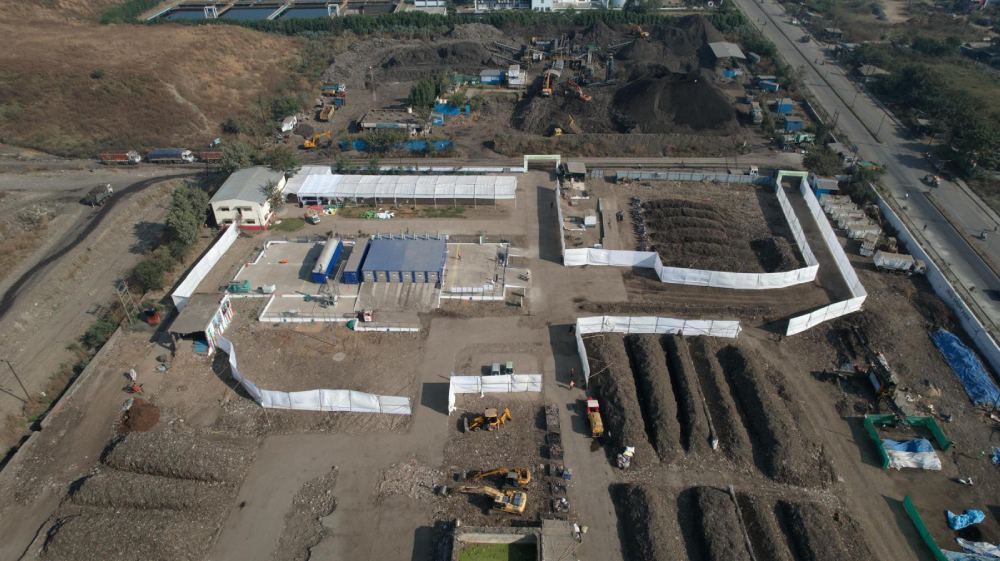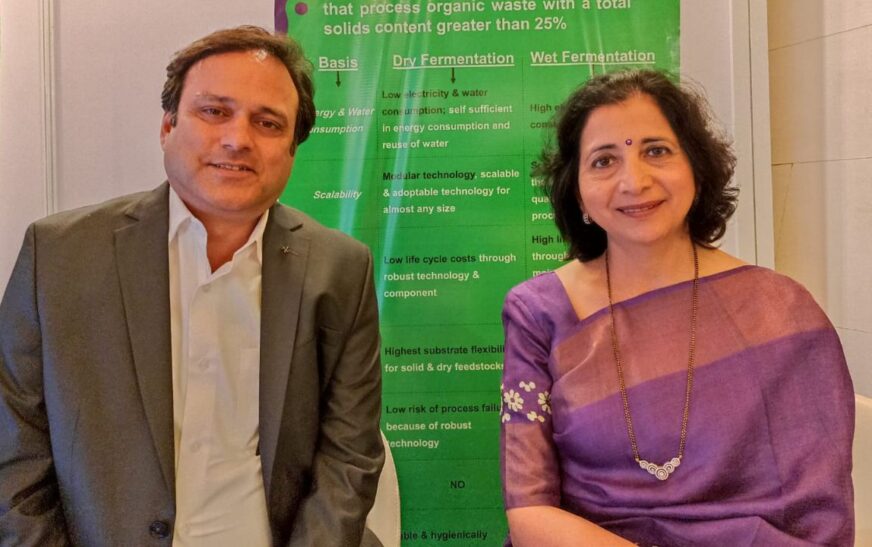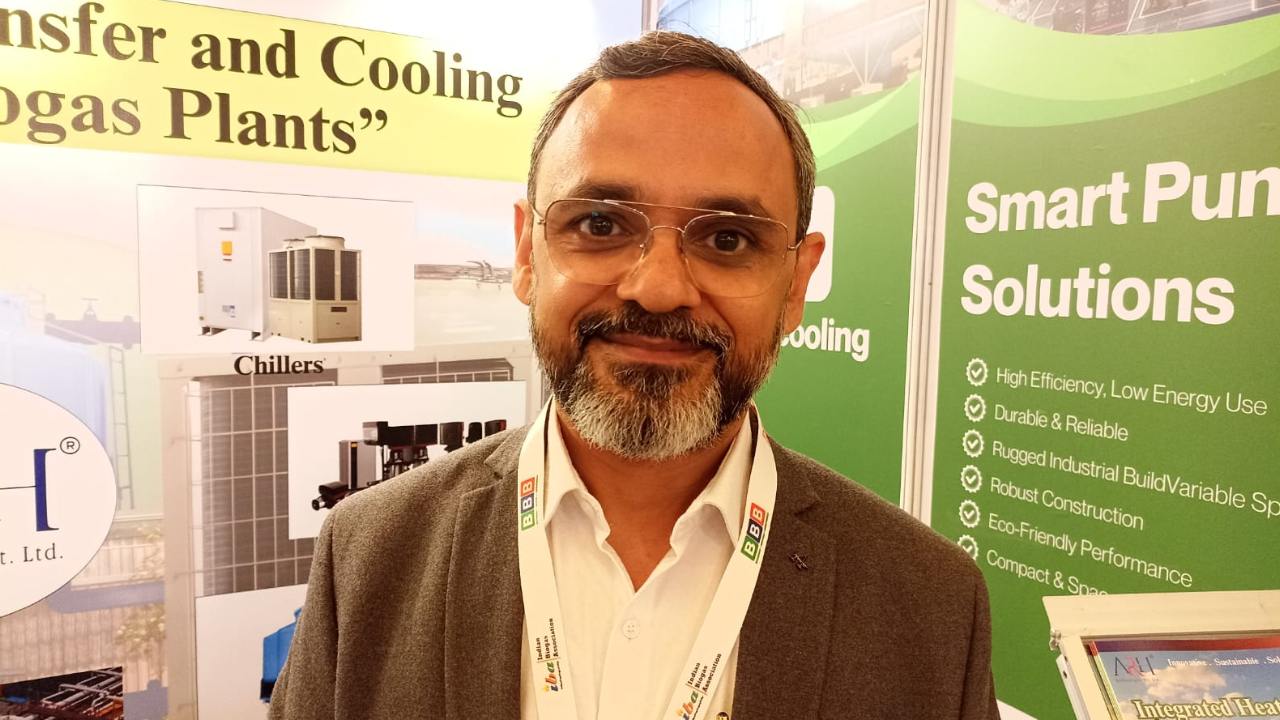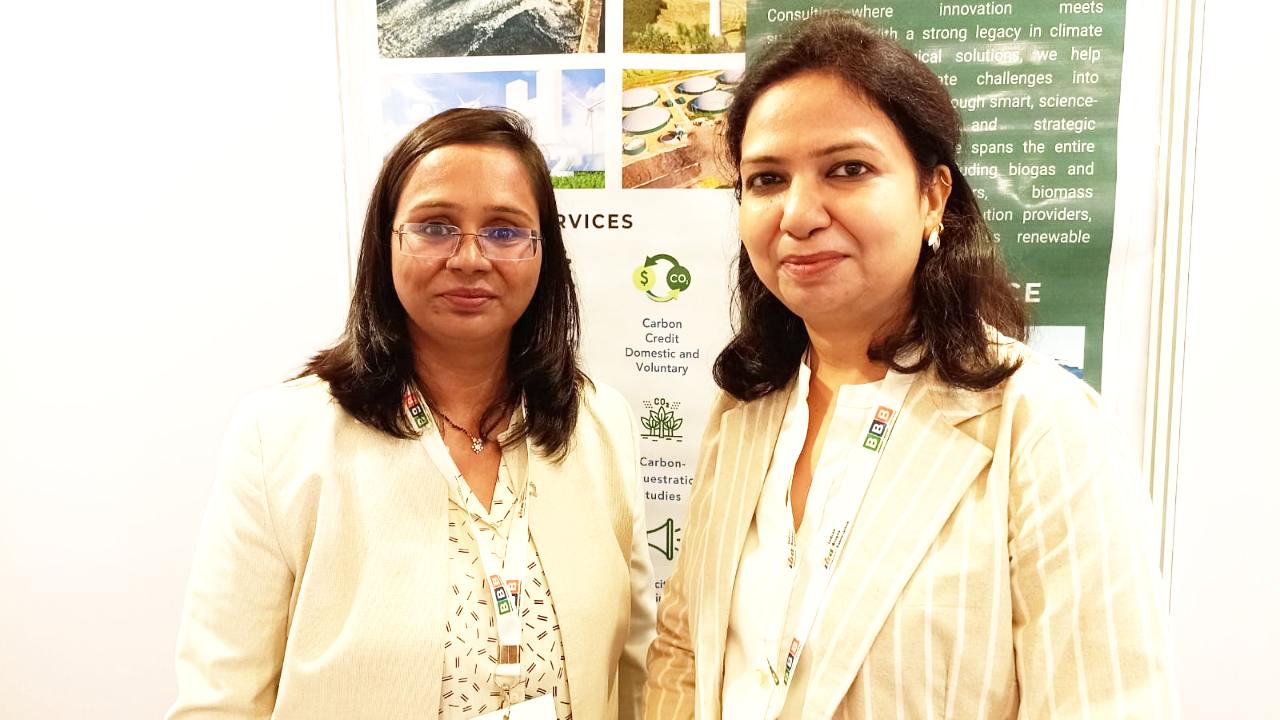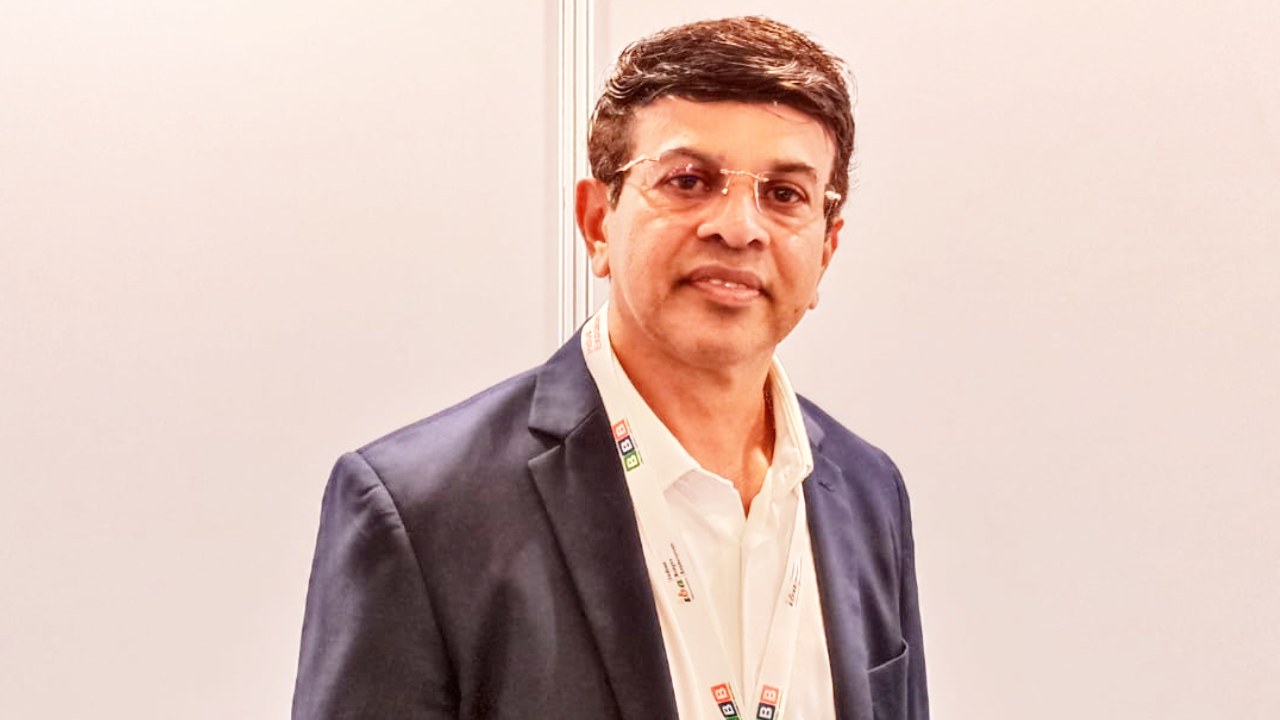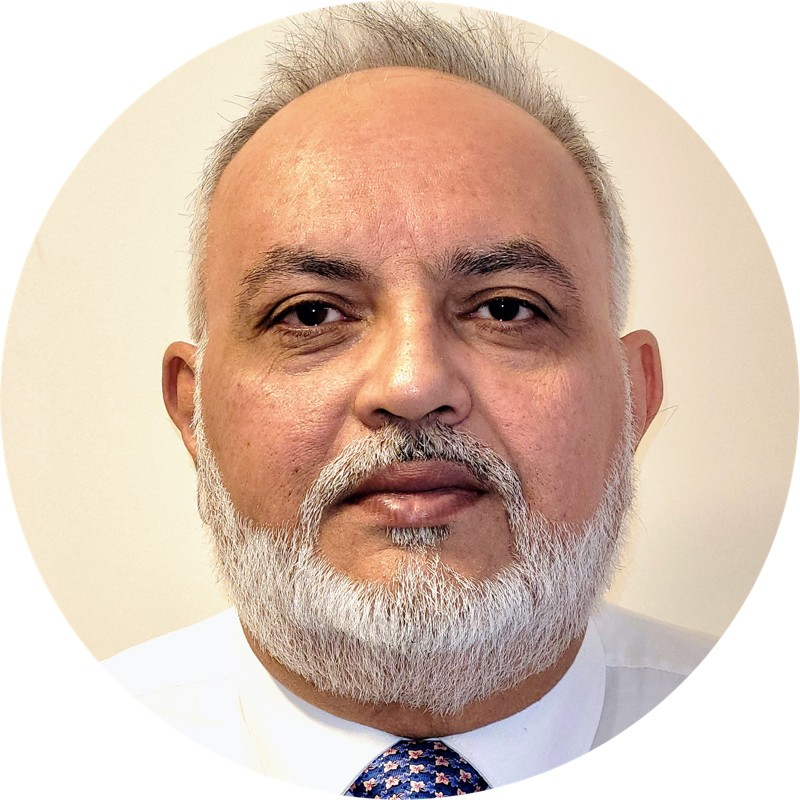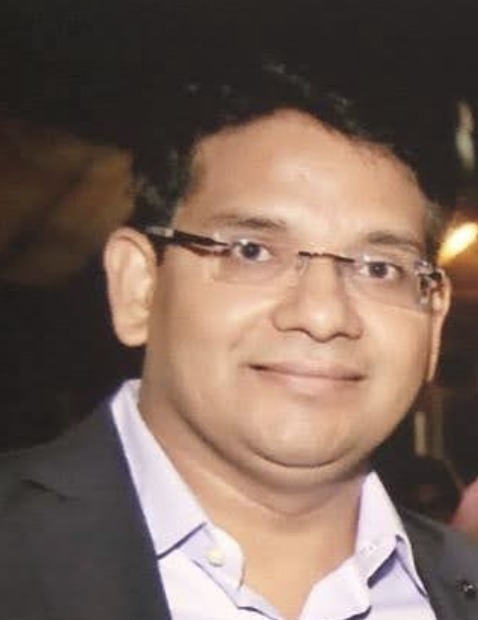Turning municipal solid waste (MSW) into biogas presents a transformative opportunity to advance the circular economy. As cities expand and urban populations surge, the volume of waste escalates—intensifying environmental pressures while simultaneously opening new avenues for resource recovery. Organic matter, which dominates MSW, can be harnessed through anaerobic digestion to generate biogas—a clean, renewable energy source. This process mitigates landfill overflow, curbs methane emissions, and displaces fossil fuels, thereby strengthening climate resilience.
More than a technological solution, biogas production from MSW exemplifies the core of circular thinking—where waste is no longer discarded but reimagined as a resource. The residual by-product, digestate, serves as a nutrient-rich organic fertilizer, effectively closing the loop between urban consumption and agricultural productivity. By integrating this model into city planning, municipalities can enhance local energy security, decentralize waste management, and foster sustainable employment.
Yet, to scale this solution effectively, strong policy frameworks, robust public-private partnerships, and active community engagement are essential. Strategic investments in advanced technology, source-level segregation, and widespread public awareness will be pivotal in unlocking its full potential. In today’s sustainability-driven world, converting waste into energy is not merely an innovation—it is an imperative. It reframes waste as a source of wealth and charts a course toward regenerative, circular urban ecosystems.
At the International Summit & Expo on Bioenergy Value Chain, hosted by the Indian Biogas Association, The Interview World engaged in an insightful conversation with Vrinda Thakur, Executive Director, and Vinod Tandon, Director – Finance and Business Development at Keva SusBDe Biotech Pvt. Ltd. They outlined their company’s cutting-edge technology for converting municipal solid waste into biogas and other eco-friendly by-products. They explained how their solutions ensure zero emissions and zero landfill outcomes, underscoring their contribution to a truly circular economy. They also shared perspectives on emerging market opportunities and articulated their bold vision for a sustainable urban future. Below are the highlights from this compelling exchange.
Q: Can you elaborate on the technology solutions your company offers for converting municipal solid waste into biogas and other sustainable by-products, and how these innovations contribute to environmental sustainability?
A: We are introducing cutting-edge Dutch technology to India through FinSourcing, our Netherlands-based company at the forefront of solving municipal solid waste challenges. With a firm commitment to supporting the Swachh Bharat Mission—our Prime Minister’s visionary initiative—we aim to play an active role in transforming India’s waste management landscape.
In pursuit of this mission, we have formed a strategic partnership with Keva, a legacy company with over a century of expertise in fragrances and flavours. Under the leadership of Kedar Vaze, Chairman and Managing Director of Keva Group, this collaboration marks a powerful union of innovation and purpose. Together, we are set to launch our first project in Nagpur, deploying a pioneering technology never before introduced in India.
At the heart of this initiative lies dry fermentation technology—an advanced, zero-waste process that eliminates air, ground, and water pollution. This marks the first time such a solution is being implemented on Indian soil. Our project has garnered strong backing from Union Minister Nitin Gadkari, who has expressed confidence in both the technology and our commitment.
Construction is already underway, and we are on track to commission this state-of-the-art facility in Nagpur by November 2025. This project not only represents a breakthrough in sustainable waste management but also sets a benchmark for innovation-driven public-private collaboration in India.
Q: Could you explain how your initiatives are contributing to the circular economy, particularly in terms of resource recovery, waste reduction, and sustainable product development?
A: At its core, our project is a waste-to-energy initiative—an effort to transform waste into wealth. However, the key lies in understanding the specific characteristics of waste, which vary significantly from one city or country to another. To address this, we launched a mobile pilot plant in Nagpur in December 2024 as a real-world research platform.
This mobile unit served as our experimental ground. It enabled us to analyze the local waste composition and gather critical insights to adapt the technology accordingly. The data we collected has been instrumental in customizing the design of our large-scale facility. These modifications have already been integrated into the blueprint of the main plant, ensuring a smooth and efficient transition during full-scale implementation.
By conducting rigorous, on-the-ground research through this mobile setup, we have proactively resolved potential challenges in advance. As a result, we expect to navigate future hurdles with confidence and precision.
Our core operations include segregating waste at the source. From the organic fraction, we will generate Compressed Bio-Gas (CBG). The residual byproduct—digestate—will be converted into organic fertilizer, while the remaining recyclables will be redirected back into the production cycle. This closed-loop system exemplifies a truly circular economy.
Ultimately, our strategy revolves around returning value to society. We’re not just disposing of waste—we’re creating resources, reducing environmental impact, and setting the stage for a more sustainable future. This is the vision, the model, and the mission driving our efforts.
Q: How does your technology ensure zero emissions and zero landfill in the conversion of municipal solid waste, and what key processes or innovations make this possible?
A: Our mission is to provide a long-term solution for municipal solid waste, aiming for zero emissions and zero landfills. We are committed to treating the entire waste stream—from segregation to the final product, bio-fertilizer—ensuring that nothing ends up in landfills. This holistic approach addresses waste management from start to finish, fostering sustainability at every step.
Q: What opportunities do you foresee for technologies like yours in advancing a sustainable ecosystem, and how do you envision their role in shaping the future of waste management and clean energy?
A: The current waste management systems in India are struggling to achieve a zero-landfill model. However, our technology provides a solution. We can effectively manage and handle waste, even with impurities, ensuring that the vision of a Swachh Bharat—zero landfill and sustainable, long-term solutions—becomes a reality. By extracting gas and converting biomass into fertilizer, our system makes this vision not just possible, but actionable.
Q: What is your organization’s long-term vision over the next 5 to 10 years, and how do you envision Keva expanding its presence and impact across India during this period?
A: Our strategy is to expand rapidly. The pilot plant has already demonstrated success, and we are poised to scale. From November onwards, once the major plant is inaugurated, we will begin our pan-India journey. With proven technology and readiness, we are prepared to enter the market and solve critical waste management challenges.
We’ve already secured a project in Kanpur, which will be our next milestone. We’re also in discussions with municipalities in Bangalore and several other cities. While the process can be slow due to tender procedures, we are confident in our path forward. Over the next five years, we aim to execute 10 to 15 projects nationwide.
